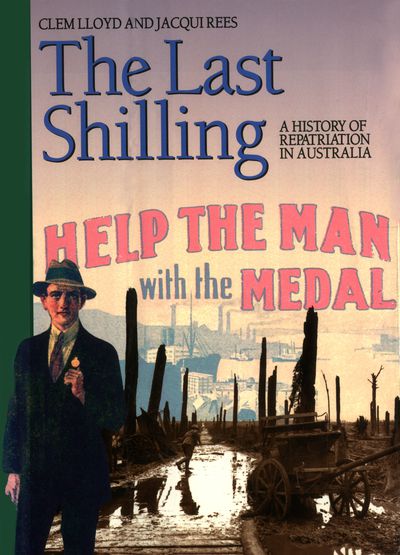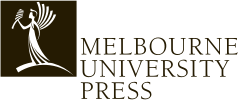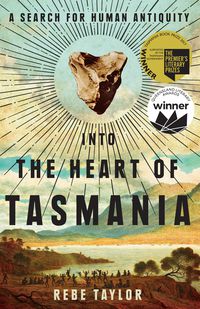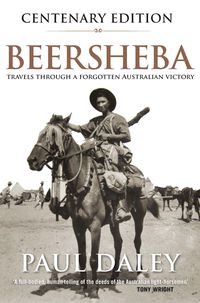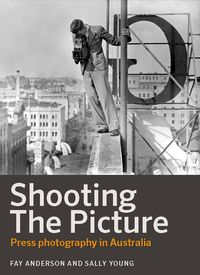The Last Shilling
A history of repatriation in Australia
Clem Lloyd, Jacqui Rees
Paperback
Out of stock
$45.00
Member discount
As an MUP member you get 40% off the price of this book.
Member discount
As an MUP member you get 40% off the price of this book.
Member discount
As an MUP member you get 100% off the price of this book.
Member discount
As an MUP member you get 25% off the price of this book.
Member discount
As an MUP member you get 25% off the price of this book.
Member discount
As an MUP member you get 25% off the price of this book.
Member discount
As an MUP member you get 40% off the price of this book.
Member discount
As an MUP member you get 10% off the price of this book.
Member discount
As an MUP member you get 35% off the price of this book.
Member discount
As an MUP member you get 40% off the price of this book.
The Last Shilling
A history of repatriation in Australia
Clem Lloyd, Jacqui Rees
Senator Edward Millen, who conceived and nurtured Australia's repatriation system, described repatriation of returned service personnel as just as much 'an emanation of the heart' as a cause 'worthy of the last shilling'. It had been a concern to Australians since the Boer War, but it was not until 1918 that an entire government department (now the Department of Veterans' Affairs) came into being to address this concern.
Drawing on a wealth of Departmental archives and other unpublished material, Clem Lloyd and Jacqui Rees have provided a frank account of an institution that, from soldier settlement schemes to Agent Orange, has responded to the needs of returned service people in a generous and open-hearted way. In a series of chronological and thematic chapters the authors explore the many functions and practices of 'Repat'—from hospitals to scholarships, training programmes to home loans—culminating in an examination of the Department of Veterans' Affairs…
Drawing on a wealth of Departmental archives and other unpublished material, Clem Lloyd and Jacqui Rees have provided a frank account of an institution that, from soldier settlement schemes to Agent Orange, has responded to the needs of returned service people in a generous and open-hearted way. In a series of chronological and thematic chapters the authors explore the many functions and practices of 'Repat'—from hospitals to scholarships, training programmes to home loans—culminating in an examination of the Department of Veterans' Affairs…
Senator Edward Millen, who conceived and nurtured Australia's repatriation system, described repatriation of returned service personnel as just as much 'an emanation of the heart' as a cause 'worthy of the last shilling'. It had been a concern to Australians since the Boer War, but it was not until 1918 that an entire government department (now the Department of Veterans' Affairs) came into being to address this concern.
Drawing on a wealth of Departmental archives and other unpublished material, Clem Lloyd and Jacqui Rees have provided a frank account of an institution that, from soldier settlement schemes to Agent Orange, has responded to the needs of returned service people in a generous and open-hearted way. In a series of chronological and thematic chapters the authors explore the many functions and practices of 'Repat'—from hospitals to scholarships, training programmes to home loans—culminating in an examination of the Department of Veterans' Affairs in the 1980s.
The book gives rare insights into successive ministers and prime ministers, senior administrators and front-line staff, returned service personnel and their families. In the course of its 75-year history, the activities of 'Repat' have touched the lives of almost everyone, yet, until now, the makers of policy and those who implemented it have been largely unknown and invisible.
Taking in subjects such as Australia's relations with it's military allies, the relationship of the Department to other welfare policies, and the changing nature of Australian society since World War I, the book is a fascinating account of one of Australia's most enduring concerns.
Drawing on a wealth of Departmental archives and other unpublished material, Clem Lloyd and Jacqui Rees have provided a frank account of an institution that, from soldier settlement schemes to Agent Orange, has responded to the needs of returned service people in a generous and open-hearted way. In a series of chronological and thematic chapters the authors explore the many functions and practices of 'Repat'—from hospitals to scholarships, training programmes to home loans—culminating in an examination of the Department of Veterans' Affairs in the 1980s.
The book gives rare insights into successive ministers and prime ministers, senior administrators and front-line staff, returned service personnel and their families. In the course of its 75-year history, the activities of 'Repat' have touched the lives of almost everyone, yet, until now, the makers of policy and those who implemented it have been largely unknown and invisible.
Taking in subjects such as Australia's relations with it's military allies, the relationship of the Department to other welfare policies, and the changing nature of Australian society since World War I, the book is a fascinating account of one of Australia's most enduring concerns.
Paperback
Out of stock
$45.00
Member discount
As an MUP member you get 40% off the price of this book.
Member discount
As an MUP member you get 40% off the price of this book.
Member discount
As an MUP member you get 100% off the price of this book.
Member discount
As an MUP member you get 25% off the price of this book.
Member discount
As an MUP member you get 25% off the price of this book.
Member discount
As an MUP member you get 25% off the price of this book.
Member discount
As an MUP member you get 40% off the price of this book.
Member discount
As an MUP member you get 10% off the price of this book.
Member discount
As an MUP member you get 35% off the price of this book.
Member discount
As an MUP member you get 40% off the price of this book.
